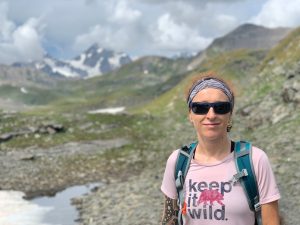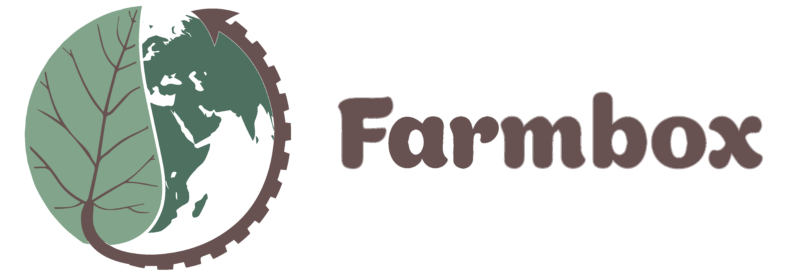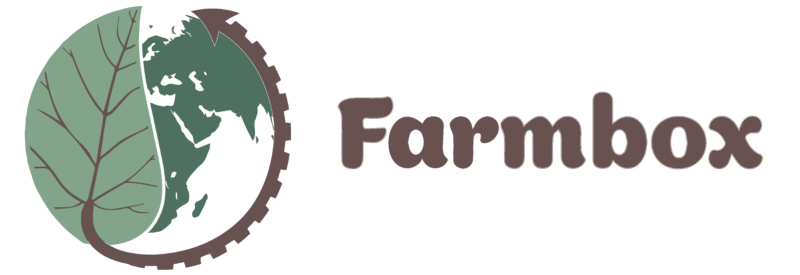
Can you present yourself and Istituto Oikos?
I am Martina Spada and I am the Program coordinator for European projects in Istituto Oikos.
Our organization is a non-profit established in 1996 operating in Europe, Africa and Asia to safeguard biodiversity and promote sustainable lifestyles. In 26 years, Istituto Oikos had
managed 444 projects in the sectors of biodiversity and management of natural resources, water, climate and energy, sustainable communities and education for sustainability. Our experienced technical staff and the long-term scientific partnerships with universities and research institutions ensure science-based activities and sound impact evaluation; stable alliance with public institutions and local governments ensures institutional sustainability.
Istituto Oikos has always applied an integrated approach, convinced that environmental
protection is linked to community wellbeing, and that landscape restoration is only possible
through multi-functionality, participation, spatial planning, economic diversification and the
coexistence of local/traditional know-how and innovative technology.
What is the role of Istituto Oikos in FarmBox?
Our main task is to create a module in the MOOC on climate smart agriculture, dealing with
biodiversity in agricultural landscapes. The module is intended to show farmers and students the
advantages of increasing biodiversity in the field and the practices to be implement in order to
obtain tangible results. The module will also show how the protection of agro-ecosystems is supported by the European legislation.
Istituto Oikos will collaborate to set up the simulator and test it, and will host the Italian National
workshop by the end of the project. This activity will show the acquired results to important
stakeholders (e.g. farmers, trainers, policy makers). Those results will be mainly the structure
and contents of the MOOC and the functionalities of the simulator. The purpose of this event is
to collect the feedback of each participant before the finalization of our outputs.
Can you explain a bit more what is the MOOC and its contribution to the project?
The MOOC on climate smart agriculture is an online course for farmers and students in the
agronomic sector that will give a deeper understanding of agricultural practices designed to
increase the sustainability and resilience to climate change of the agricultural sector. The
MOOC will have 6 main modules dealing with: 1. practices aimed at increasing biodiversity and
ecological connectivity in the field and related benefits, by Istituto Oikos; 2. practices aimed at
mitigate and adapt to climate change and the opportunities for farmers in these sectors, by
Politeknika Ikastegia Txorierri; 3. food security, with techniques for food monitoring and
traceability, by Padova University; 4. practices to increase the sustainability of farming, by the
Chamber of Agriculture of the Republic of Lithuania; 5. land planning and management, to give
an insight on remote sensing and GIS for agricultural application, by UpToEarth; and 6. how to
use the online simulator, by UpToEarth and the Chamber of Agriculture of the Republic of
Lithuania.
What are the benefits for students and farmers who are going to access to the project
results?
The European Commission is providing instruments and funds for farmers to ameliorate the
agricultural sector in order to reduce its ecological footprint and become more resilient to climate change. Gaining a deeper knowledge on Climate Smart Agriculture will help farmers take
advantage of these opportunities and improve food quality at a lesser cost for the environment.
The simulator will help them understand which practices can increase their contribution to
climate change mitigation and give them access to the carbon market, which will be possibly
implemented and regulated in Europe in the future: the new “Farm to Fork” European strategy
goes in this direction.
Why do you think is important to shed lights on Climate Smart Agriculture?
Twenty-five percent of the land in the European Union is dedicated to agriculture: the role this
sector can play for a more sustainable economy and for climate change mitigation is paramount.
Farmers can really be change-makers in the future and they must have the right instruments
and knowledge to promote and lead this change. Climate Smart Agriculture is a powerful
approach that will help European countries to achieve carbon neutrality and meet the UN
Sustainable Development Goals.


No responses yet